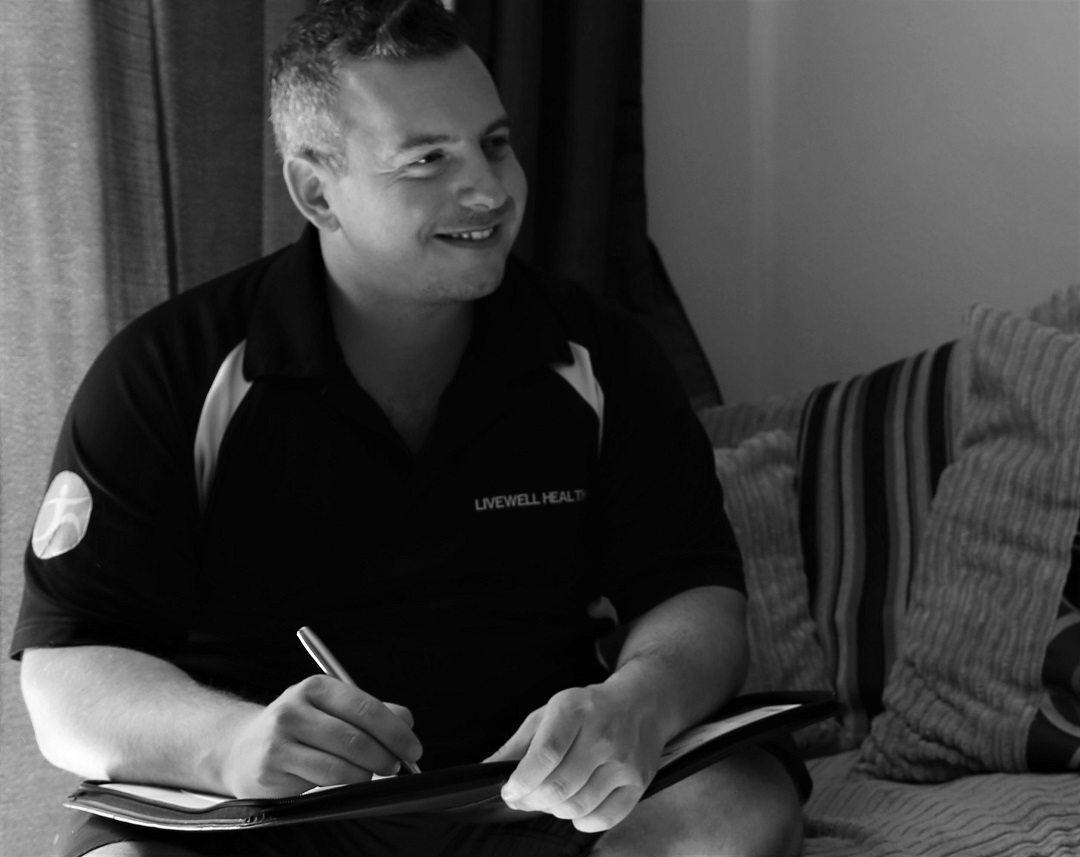Why do we get injured?
Injuries, whether they occur at home, in the workplace, or during physical activities, can result from a variety of factors. Addressing these diverse causes requires a comprehensive understanding of the contributing elements. This article delves into the reasons behind injuries, incorporating statistics and detailed insights into injury prevention strategies.
Common Causes of Injuries:
- Accidents Everywhere: Accidents have a broad reach, occurring in various settings, including homes, workplaces, and during sports or physical activities. According to the World Health Organization (WHO), unintentional injuries account for over 3.9 million deaths globally each year, making them a significant public health concern.
- Overuse Injuries and Sporting Activities: Overuse injuries, frequently associated with sports and physical activities, result from repetitive motions causing damage to muscles, tendons, or joints. A study recently published in the Journal of Sports Medicine found that overuse injuries account for approximately 50% of all sports-related injuries. Proper equipment, personalised advice from experts, and robust recovery programs, including massage and physiotherapy, play pivotal roles in preventing such injuries.
- Posture and Body Mechanics: Poor posture and improper body mechanics contribute to increased stress on muscles and joints, leading to long-term injuries. The American Chiropractic Association reports that poor posture is a significant factor in chronic musculoskeletal conditions, affecting a large portion of the population.
- Ageing and Micro-Level Changes: Aging brings about changes in bones and muscles, rendering them weaker and more susceptible to injuries. Additionally, micro-level changes such as hormonal fluctuations and vitamin deficiencies become pertinent factors. Livewell Health’s health checks, involving blood testing, allergy testing and food intolreance testing and comprehensive assessments, offer insights into these micro-level changes, facilitating proactive injury prevention.
- Chronic Conditions: Chronic conditions like arthritis and osteoporosis heighten the risk of injuries. Arthritis alone affects a huge portion of the UK population, making them prone to joint-related injuries.
- Environmental Factors: Environmental factors, including slippery surfaces, poor lighting, and hazardous working conditions, significantly contribute to injury risks. Workplace slips, trips, and falls account for a substantial number of injuries, with over 30% of reported injuries being fall-related.
The Significance of Injury Prevention:
- Protective Gear and Physical Fitness: Preventing injuries involves adopting proactive measures, such as wearing appropriate protective gear.
- Timely Medical Attention and Rehabilitation: In the event of an injury, prompt medical attention and adherence to appropriate treatment and rehabilitation protocols are crucial.
- Preventative measures: Preventative measures also extend past standard medical and rehabilitation avenues which can be things such as Yoga, Pilates, a robust stretching program, strength and conditioning, dynamic exercise program, massage and other complimentary services to keep your body and mind in tip top form.
Conclusion: Understanding the multifaceted nature of injuries is imperative in developing effective prevention strategies. By acknowledging the diverse causes, ranging from accidents and overuse injuries to ageing and environmental factors, individuals and organisations can take informed steps toward injury prevention. Livewell Health’s commitment to health checks, tailored advice, and holistic wellbeing emphasises the importance of proactive measures, ensuring a healthier and more resilient future for individuals and communities alike.
If you want to know more about correct exercise techniques or would like professional advice from one of our personal trainers then please get in touch then we can help there too with our specialist sports massage service. For more information on how these types of massage could help you, contact us on 07939 212 739 or drop us an email at info@livewellhealth.co.uk


